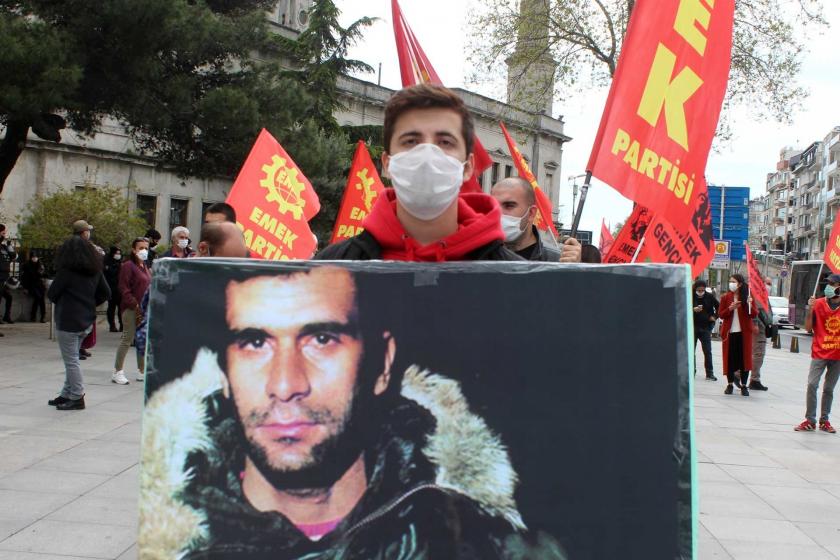Three years have passed since the 15 July coup attempt.
The coup attempt was denounced in many centres, not least Ankara and Istanbul. Accusations levelled for three years against the “FETOists”, the chief culprit of the coup attempt, were levelled once more.
However, to the question, “What was said differently from previous anniversaries about the FETOist coup attempt?” nothing was said that amounted to the speaking of anything new. Consequently, the commentary and events surrounding the third anniversary of the coup attempt amounted to a repetition of what has been said and known for three years and heroics, heroics and an increased dose of heroics!
It was not just the dearth of anything new being said. At the same time, the questions that were asked in the immediate aftermath of the coup went unanswered. They remain out there all the more poignant for not having been answered.
QUESTIONS UNANSWERED FOR THREE YEARS BECOME MORE POIGNANT
The perfectly obvious questions that were mooted in the immediate aftermath of the FETOist coup attempt but went unanswered and need to be answered to enable a true settling of scores with the coup attempt and the coupists are as follow:
Although the Parliamentary Coups Investigation Commission was set up with the unanimous vote of all parties in parliament, the commission’s executive board was made up of AKP-affiliated members. The commission was prevented from operating efficiently by the AKP-affiliated members and the report was more or less compiled as the AKP-affiliated members wished. Finally, the report with the AKP-affiliated members’ “additions” was fully robbed of effectiveness and prestige through being made public without being brought onto the parliamentary agenda. Since that day, the question has been asked, “Why was the report that could have been an opportunity to shed light on the coup attempt and the forces behind it turned into a fait accompli?” Why were the two most important people central to all information relating to the coup attempt, Intelligence Agency Undersecretary Hakan Fidan and Chief of the General Staff Hulusi Akar, prevented from testifying before the Parliamentary Coups Investigation Commission by prime minister at the time Erdoğan? It is still unknown why no intelligence could be procured (or was procured and hushed up) by the Intelligence Agency and Chief of the General Staff intelligence about the preparations for the coup that had been organized incrementally for years in state institutions, chiefly the military, police and judiciary. Nobody believes the Intelligence Agency and Chief of the General Staff failed to look into the tip-offs about a coup that reached them on the final day, or that the president learned of the coup from his “brother-in-law,” the prime minister from his relatives and other senior functionaries from friends and relatives or coup footage on the TV. The reasons for the rewarding today of the Intelligence Agency Undersecretary through becoming Intelligence Agency Chief and the Chief of the General Staff through becoming Minister of Defence has defied comprehension in the intervening three years. Although the question of who constituted the political leg of this coup attempt has been on everyone’s lips for three years, no response has been obtainable that goes beyond humming and hawing. However, all politicians who oppose the ruling party have been accused of “FETOism.” Prosecutors have even been brought into action over Akşener and Babacan. But not a single top-ranking politician from the AKP, which had slavishly obeyed FETO at least for the time it had been in office, has been brought before the judiciary in connection with political ties to FETO! And this question has increased in poignancy over the intervening three years.
UNCERTAINTY USED AS BASIS OF SINGLE-PARTY RULE
It would not be very hard, not hard at all, to reply to these questions. On the contrary, given the intelligence and other facilities at the state’s disposal, exposing those behind the 15 July coup attempt would be a simple matter. But the ruling party is also using the uncertainty it has fostered surrounding the coup attempt in the endeavour to create its own institutions (politicized, AKPized institutions) in the public arena, chiefly the military, police and judiciary, through constant operations. Moreover, the accusation of “FETOism,” which was used as the basis for cowing the opposition in moves towards the construction of the “single-party, single-man rule,” is also being used to lend legitimacy to anti-democratic practices on the grounds that “the danger still continues.”
Apart from all this, there is also an apparent fear that if the investigation into the forces behind the 15 July coup attempt is deepened, it may touch a tender spot.
Hence, despite the passage of three years, with the prosecution of tens of thousands of people, some of them having a significant degree of responsibility but most being regular people, it has not been possible to delve behind the way many top-ranking “FETOists” turned informer and many of them “bought their freedom” with “million dollar payments.” Moreover, the question as to who FETO’s political leg is remains a forbidden question.
It does not look easy, either, for answers that will assuage the public conscience to be given to the questions that have been posed above for as long as the AKP stays in power.
(Translated by Tim DRAYTON)
 İhsan Çaralan
İhsan Çaralan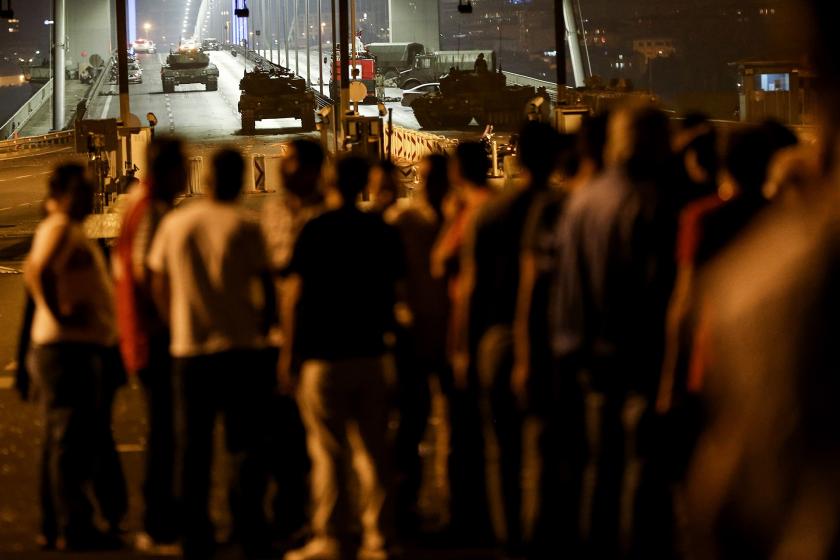

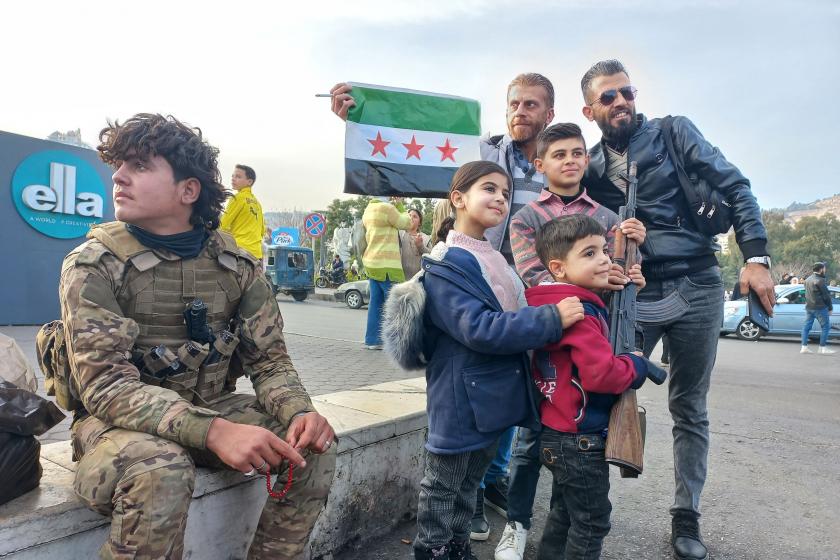
 Hediye Levent
Hediye Levent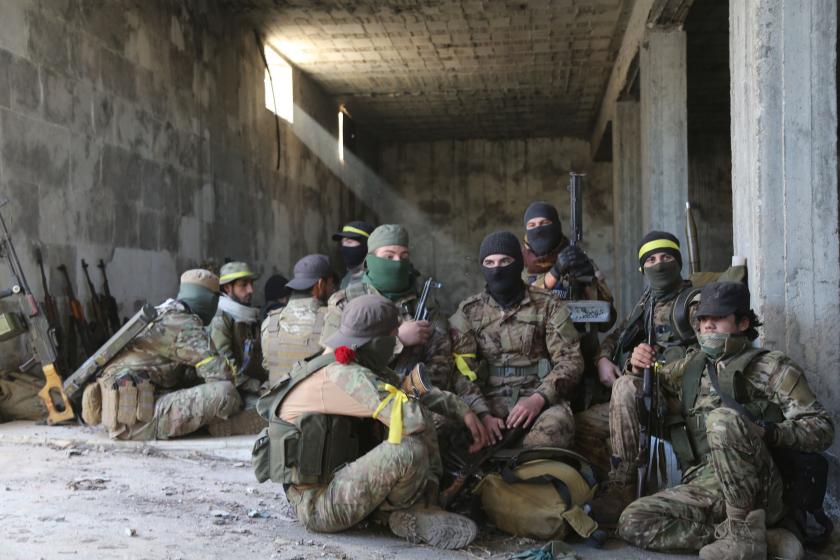
 Yusuf Karadaş
Yusuf Karadaş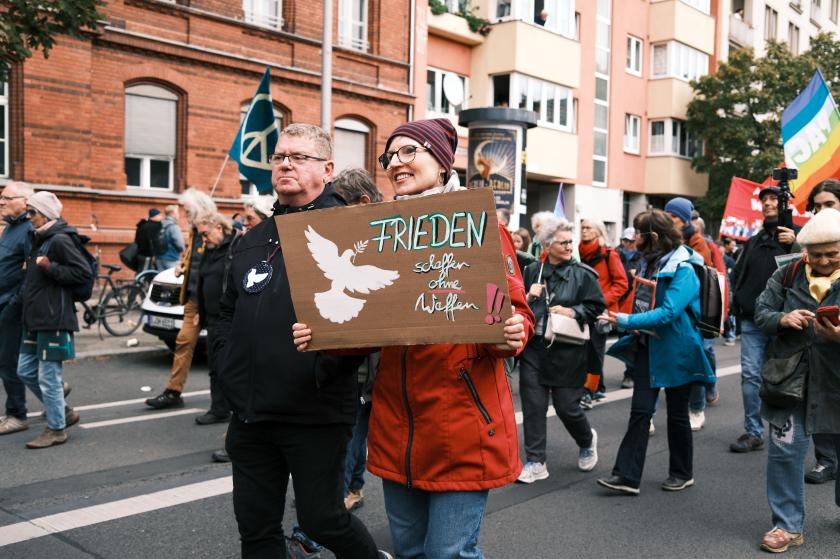
 Yücel Özdemir
Yücel Özdemir